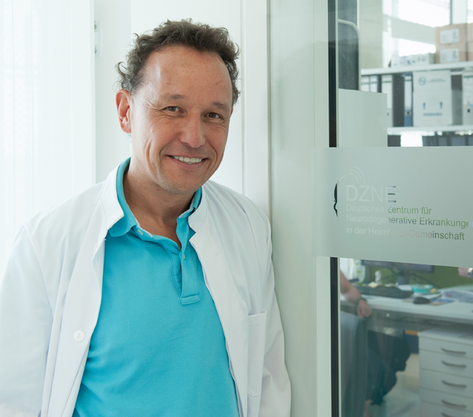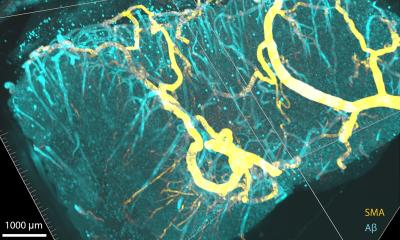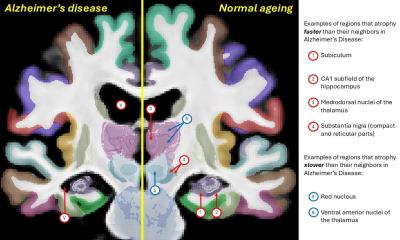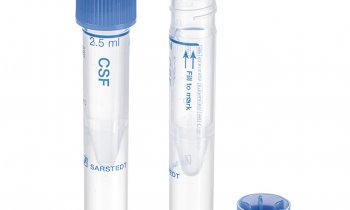News • Award
DZNE researcher receives world’s top Brain Prize
Researcher at the Ludwig-Maximilians-University and the German Center for Neurodegenerative Diseases (DZNE) is awarded by the Lundbeck Foundation

Together with three other neuroscientists Professor Christian Haass, speaker of the German Center for Neurodegenerative Diseases (DZNE) Munich site and Professor at the Ludwig-Maximilians-University of Munich, receives the world’s most valuable prize for brain research. The 2018 Brain Prize, awarded by the Lundbeck Foundation in Denmark, is worth one million Euros. Awarded annually, it recognises international scientists who have distinguished themselves by an outstanding contribution to neuroscience. Besides Haass the 2018 Brain Prize goes to Bart De Strooper (London and Leuven), Michel Goedert (Cambridge) and John Hardy (London) for their groundbreaking research on the genetic and molecular basis of Alzheimer’s disease.
We are facing a time when more and more people don’t believe in science anymore
Christian Haass
The chairman of the Lundbeck Foundation Brain Prize selection committee, Professor Anders Bjorklund, said: “Alzheimer's disease is one of the most devastating diseases of our time and remarkable progress has been made during the last decades. These four outstanding European scientists have been rewarded for their fundamental discoveries unravelling molecular and genetic causes of the disease that have provided a basis for the current attempts to diagnose, treat and possibly even prevent neurodegenerative brain diseases. The award recognizes that there is more to Alzheimer´s disease than amyloid, and that the field of dementia research is more than Alzheimer's disease alone.”
“The Brain Prize is an ambassador for science and puts a spotlight on great discoveries,” Haass said. “We are facing a time when more and more people don’t believe in science anymore. Science is not always right, but it is the only way to find the truth and for humans to progress.” When Haass started to work on Alzheimer's in 1990, very little was known about the cellular mechanisms involved in this disease. He focused on the generation and metabolism of amyloid, the major component of the disease that signifies plaques.
His research into Alzheimer’s has concentrated on the cascade of events starting with amyloid and progressing through the development of plaques and tangles that eventually kill brain cells and destroy memory. Haass hypothesized that amyloid production may be normal and not necessarily part of a pathological process, which at the time was the widely accepted general opinion in the field. This pivotal finding was highly significant and has since led to the development of therapeutic approaches to lower amyloid production in patients. Working with John Hardy, Professor Haass has demonstrated how amyloid is generated and how genetic mutations seen in families with very aggressive and rare forms of Alzheimer’s affect its production.
Most recently, Professor Haass generated mouse models to investigate inflammation in neurodegenerative disorders, which according to his findings may at least initially play a protective role. He found that genetic mutations alter the function of special immune cells called microglia in the brain that can lead to Alzheimer’s disease. This has stimulated a completely new approach to designing possible new therapies by modulating the activity of microglia.
Around 10 million people in Europe have Alzheimer’s disease. This and other neurodegenerative diseases of the ageing brain cause a great deal of suffering for patients and their families and are a huge challenge for society. It is among the hardest diseases to get a grip on despite dramatic progress over the last decades. The research pioneered by these four European scientists has revolutionised our understanding of the changes in the brain that lead to Alzheimer´s disease and related types of dementias.
Source: German Center for Neurodegenerative Diseases (DZNE)
07.03.2018











